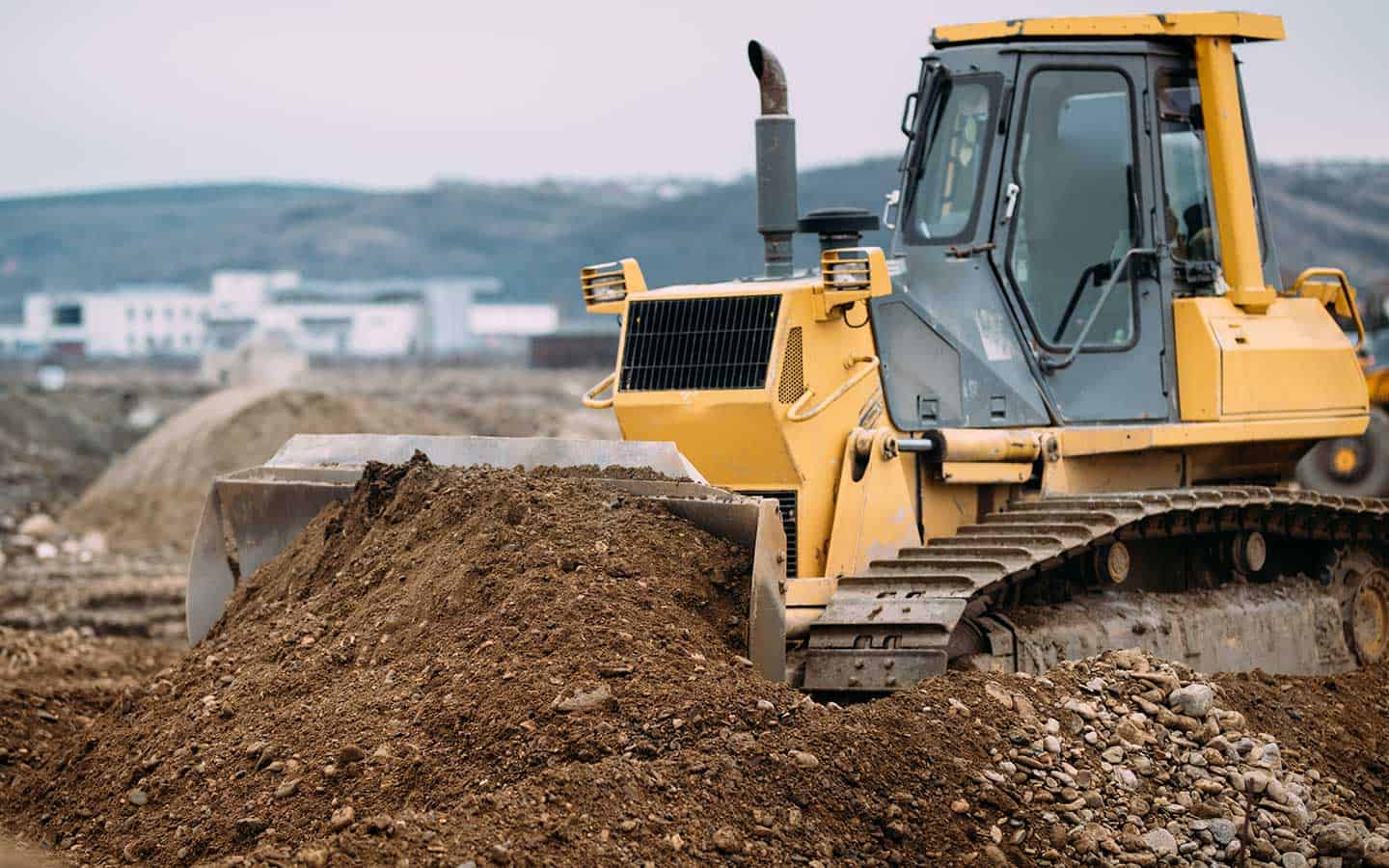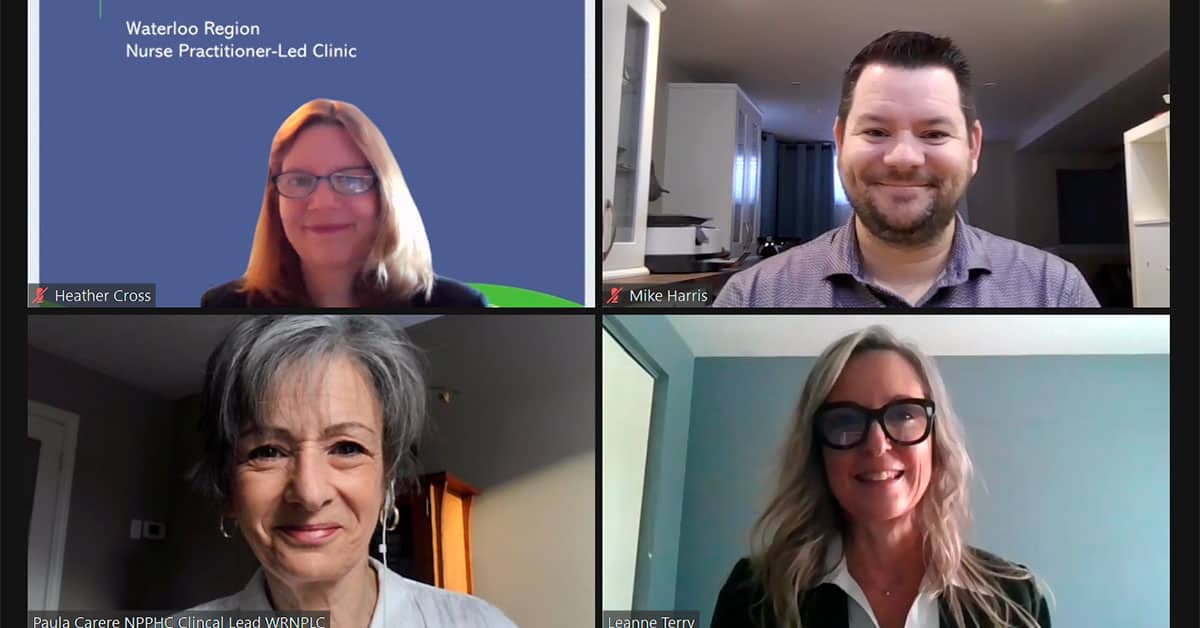What started as a fight against gravel pits in rural townships is now making its way across Ontario with the launch of a new campaign and associated petition.
With its Demand A Moratorium Now (DAMN) campaign, the Reform Gravel Mining Coalition calls for a moratorium on gravel mining in Ontario to allow for broader discussions about protecting groundwater and farmland.
“This campaign has really tried to take all those small areas together to really bring the issues to a level of awareness and make the invisible visible,” said Graham Flint, who co-chairs the coalition with Sarah Harmer.
There are more than 5,000 gravel mining operations in Ontario, including in Woolwich Township where residents are not unfamiliar with the fight against aggregate extraction.
“We’ve already put some facts on the table. We’ll be putting more. The metrics associated with gravel mining really are quite alarming. To me, they tell the story – the fact that we’ve licensed for production 13 times more gravel every year than they actually use should get everyone’s attention. The impact and reach of the gravel mining industry just started pulling down, authorized to pump 4.6 billion litres of water a day. They don’t do that, but they have permission to do that. And we just kind of go ‘why are we setting ourselves up for the risk profile associated with this?’” said Flint.
The Demand A Moratorium Now (DAMN) campaign first launched last month and has more than 2,500 signatures so far.
“I think we’re up to 38 community groups across Ontario that are involved with or concerned of the impacts of gravel mining have, so we’ve got those groups connected,” said Flint. “Our first big push is what we call the DAMN campaign.”
The ultimate goal of the campaign and the petition is to help prevent further climate change by putting restrictions in that would limit the amount of gravel companies can extract, how often and how much groundwater they can use.
“We think the moratorium is a reasonable thing to say ‘look, this is not to get rid of all gravel areas.’ We’re saying we need to reform the way gravel mining approaches through a moratorium, a pause in consuming another 5,000 acres of land for a small number of years while we strike an independent panel and bring all the good ideas to the table,” said Flint.
More information can be found online.









